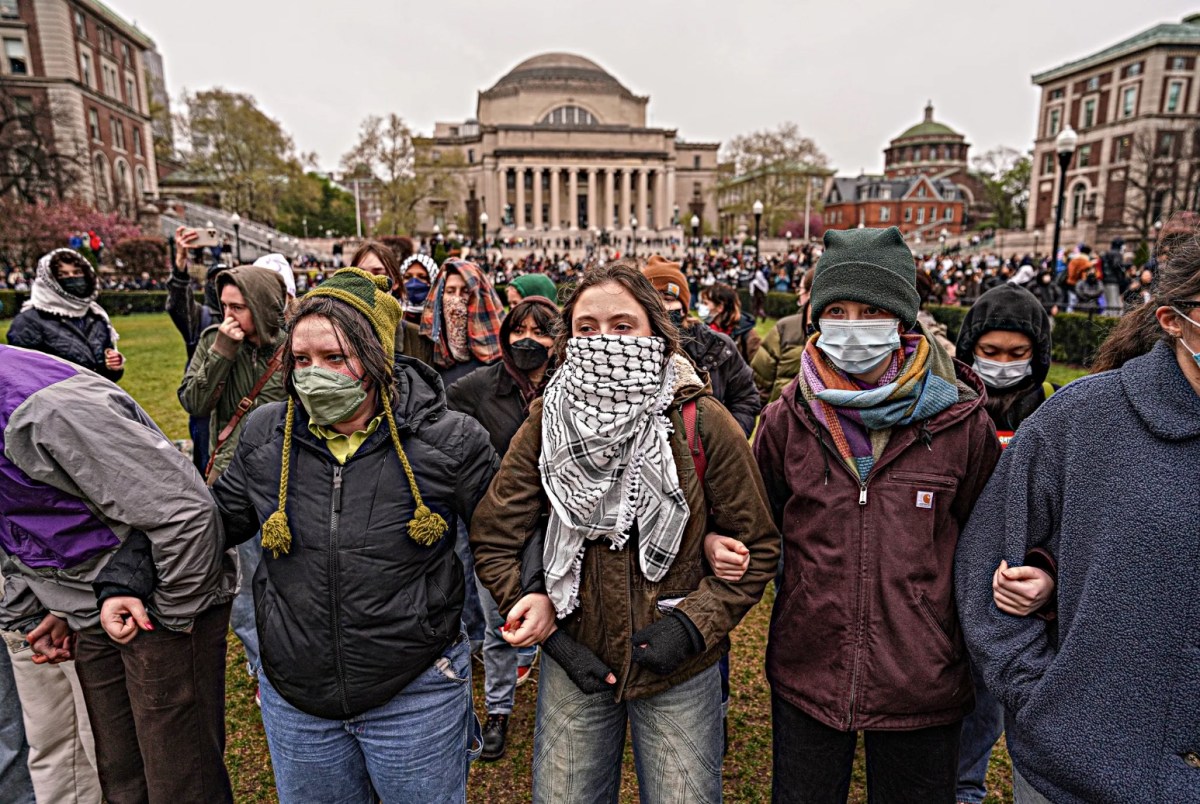Several days ago, Councilmember Ydanis Rodriguez resubmitted legislation to save small businesses in New York City. The bill, called the Small Business Jobs Survival Act, would give small businesses the legal might to stand up to landlords who try to triple or quadruple the rent at the end of a lease. Leveling the playing field between landlords and small business owners, the SBJSA gives commercial tenants (1) a minimum 10-year lease at a fair rent, (2) the right to renew that lease and (3) mandatory arbitration to negotiate rent increases.
The bill would also protect all commercial leases above the ground floor, given that 77 percent of small businesses, such as doctors, dentists and arts spaces, are above the ground floor. All encompassing, this would create a universal citywide solution for all small businesses to financially plan and invest in a long-term future — in other words, the freedom to thrive.
On the face of it, it seems promising. New Yorkers know that significant change is long overdue. We all lament the closings of our favorite icons like Lincoln Plaza Cinemas, Gray’s Papaya and the Cup and Saucer Diner. We are horrified by the urban blight of nearly 200 empty storefronts on Broadway and the corporate takeover of the entire metropolis by chain stores. Statistics from the Small Business Congress show that every month, 1,200 businesses close with 8,000 jobs lost to New Yorkers.
But I’m not holding my breath. As an advocate for small business, I should be thrilled that Speaker Corey Johnson and the majority of City Council members state support for the bill. But after my experience as a candidate for City Council District 3 last year, I am wary. I’m concerned when I read that the bill needs to be “modernized” to accommodate landlord incentives, “special zones” to keep out formula retail and that the crisis is “not about the rent but also about water and sewage rates.” I’m not against other measures that could help, but it has been and always will be about the rent. Period.
I’m also uneasy that Speaker Johnson chose Mark Gjonaj, a wealthy real estate landlord, for the new Chairman of the Small Business Committee — the person responsible for getting the bill out of committee to the floor. Councilmember Gjonaj, who raised over $900,000 last election cycle, does not support the SBJSA and even opposes rent regulation. If the speaker truly supports the passage of the bill, then why choose someone who is disastrous to the legislation in the first place?
But most troubling is the obscene amount of real estate money that flows to City Hall coffers. It’s no secret that real estate interests have stymied the 30-year-old bill for decades. And with the Queens and the Bronx Democratic machines getting together to anoint Corey Johnson, the darling of The Real Estate Board of New York (REBNY), to speaker, the tradition of rigging has continued. Couple Speaker Johnson’s newest initiative to wield a “heavy hand” in land-use decisions, with the usual large donations that give real estate interests tremendous influence over legislators, leadership posts and the disposition of city property, and you now have a town that no longer looks like itself.
With a crisis on our hands, it’s time that the interests of the community are not just balanced against private property rights, but supersede them when necessary. If the SBJSA is passed with changes that water down the bill to worthlessness, this will be the latest example of how City Hall is full of fake progressives serving real estate. If the bill does not have the minimum 10-year lease, the right to renewal, arbitration and an application to all commercial leases, it is a Trojan Horse. And that should lead to a consequence that has all electeds running scared: being voted out of office.
Marni Halasa, a lawyer, journalist and professional figure skater, ran in the last election for City Council for District 3 as an independent on the Eco Justice Party. In addition to her protest consulting group, Revolution Is Sexy, she recently founded a group that collectively organizes small businesses and tenants about intrusive neighborhood development.


















